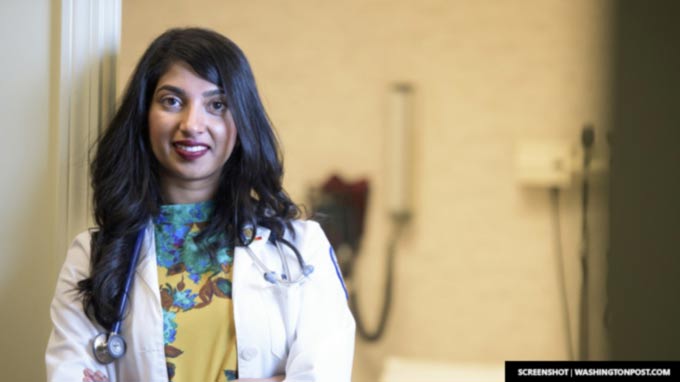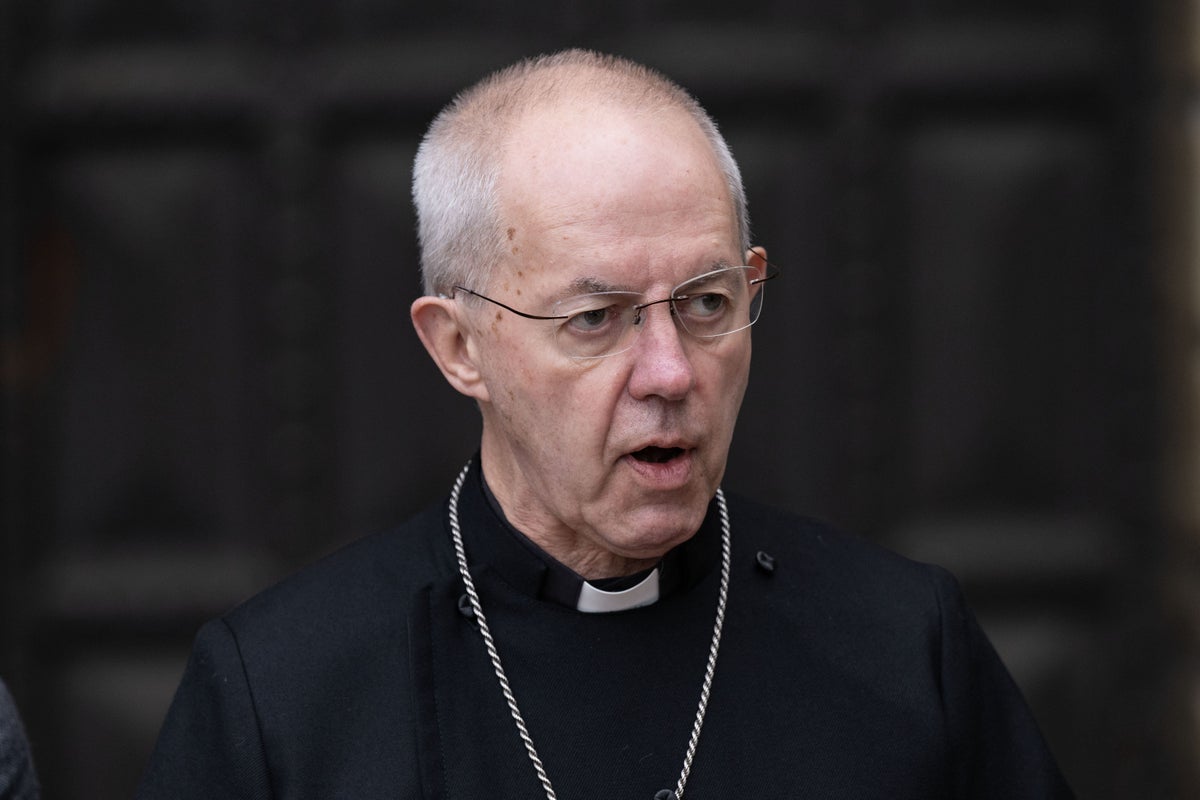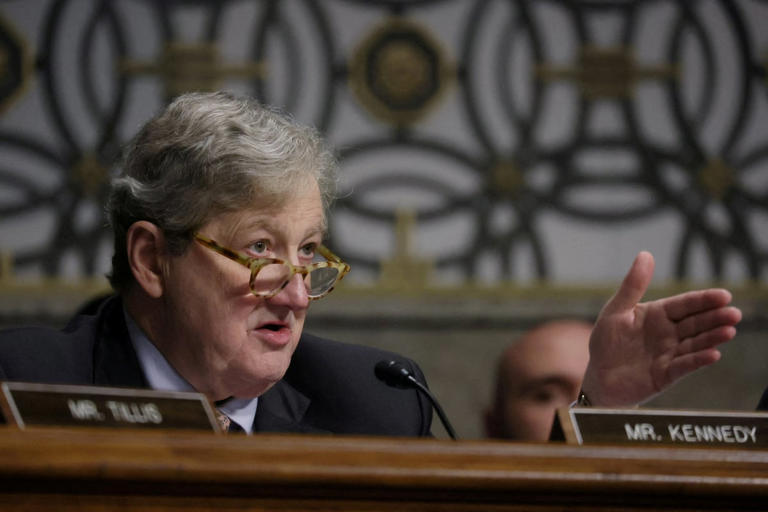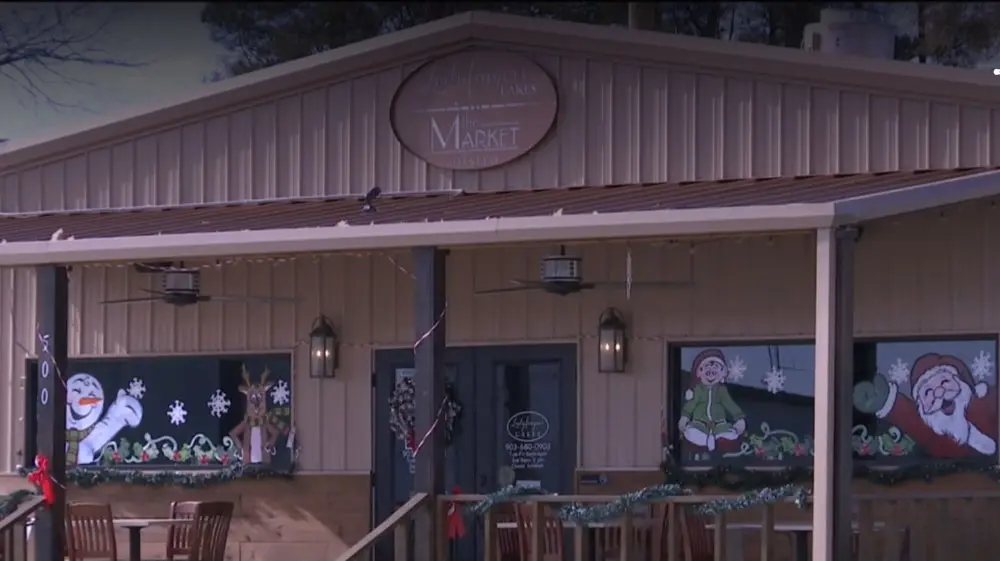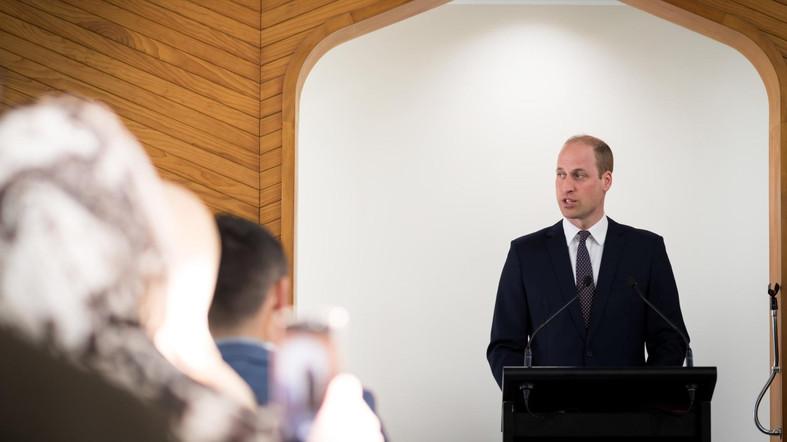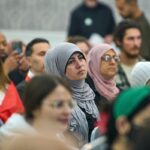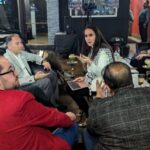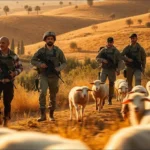Sara H. Rahman
“Mr. Douglas?” I call out into the waiting room. A short, grey-haired man in his sixties staggers towards me, bracing his back with his hands. Despite his pain, he gives me a warm smile, which I return.
As I help him onto the exam-room table, he winces, squeezing my hand.
You may be interested
“I’m a medical student,” I begin. “If you wouldn’t mind, I’d like to examine you before Dr. Smith sees you.”
He nods. “Go ahead, you can learn on me–just don’t break my leg!”
We chuckle, and then I check his vitals, review his medications and ask him about his back pain.
“It’s been getting worse for the past couple of months,” he says. “I’ve been under a lot of stress with my business. And there’s so much else going on–I’ve been feeling angry a lot lately….”
“You’ve been feeling angry? Why?” I ask.
“It’s the news,” Mr. Douglas says. “ISIS and those Muslims.” His nostrils flare; his hands clench. “These Muslims think they can blow up our country!”
Heat crawls up my neck. I am a Muslim-American. My parents immigrated from Pakistan nearly thirty years ago. I was born and raised in a small rural town in western Maryland.
“I want to take care of them for good and send them all packing,” Mr. Douglas continues. “They aren’t welcome here!”
He gives me an expectant look, waiting for me to nod in agreement. His sentiments are shared by many in the town my clinic serves. Outwardly, I don’t “look” Muslim, as I don’t wear a hijab. Because of my dark skin, I’m more often mistaken for an Indian Hindu.
Growing up in my predominantly white hometown, I never really noticed any negativity from others about my race or religion–they were just a part of who I was.
On September 11, 2001, I was in sixth grade. That day, instead of continuing our normal school schedule, my teacher turned on our classroom TV so that we could watch the news, live. My classmates and I stared, mesmerized, as the smoke rose from the Twin Towers. I was so naïve, I didn’t see that a small group of people had hijacked my religion, claiming it as a reason to kill thousands of innocent people. That day my race and religion stopped being simply one part of my personal identity and became a part of my political reality as well.
The tensions born that day have only intensified. Hate crimes against Muslims have surged; each time I visit my Muslim community back home, I hear another story of someone’s car or store being vandalized, or of death threats received in the mail. Similar stories are shared on Facebook by Muslim communities all over the US. Some Muslims have decided to shave their beards or stop wearing hijab, crucial parts of their identity, so that they won’t be “easy targets.” My own mother, terrified for my safety, has made me promise to stop going on my daily morning runs alone. The fear is palpable.
Now, as I listen to Mr. Douglas, my pen slips from my fingers and falls to the floor. He keeps talking, but I can’t take in his words. I need to escape…to calm down and digest this shock.
“Excuse me a moment,” I mutter, blinking back tears, and walk past him, my legs heavy.
Before, when confronted with this kind of prejudice, I’ve known exactly what to do: speak up. I’ve revealed my religious identity and have tried to show that I’m “normal,” in hopes of changing the person’s mindset. I’ve done this countless times.
Most recently, while waiting for my car’s oil change to be done, I watched an elderly woman struggling to help her grandson with his algebra homework.
“I should call my friend Ahmad to help me,” he said.
“I told you to stop talking to him!” his grandmother snapped. “He’s Arab–probably a terrorist!”
Calmly, I offered to help, and afterwards, the grandmother thanked me profusely. Heading out the door, I left a note in her hand: “Just so you know, I am a Muslim. I helped you because that’s what I believe in…helping others. We aren’t terrorists. Just Americans who believe in compassion and camaraderie.”
But this situation is different, I tell myself. This man is my patient. He needs medical help.
Still, how can I deny the sting of his words? My mind races: As a medical student, where are my boundaries? Should I tell him that I’m Muslim? Should I tell my attending?
I decide not to share my feelings with my attending: I want to process this situation on my own.
All at once, I remember Dr. Jane, who worked in my college’s Alumni Affairs department. We met at a time when I was being rejected for internships and getting threatening phone calls because of my Muslim identity. When I voiced my concerns to non-Muslim students and advisers, no one listened–except for Dr. Jane. Instead of staying safely on the sidelines, she became the Muslim students’ strongest ally. She helped me to establish the college’s Muslim Cultural Center, a safe haven where we could tackle the issues that we, as Muslim-Americans, were facing in the post-9/11 world.
Few people knew what I knew: that Dr. Jane’s husband had been killed in the 9/11 attacks. Despite this horrific loss, she never faltered in her support for the Muslim students. Time and again, she chose love and acceptance over hatred and revenge.
Recalling her support and generosity of spirit, I feel a surge of gratitude.
A thought arises: Maybe I can act as Dr. Jane did. As wounded as I feel by Mr. Douglas’s harsh words, I can respond to them–and him–with kindness and care.
In leaving the room, I reflect, I let my reactions to Mr. Douglas’s words override my duty to care for him. I don’t have to let that happen–I can choose to transcend the barriers that divide us.
Can I do it? Well…let me try.
Minutes later, I head back with Dr. Smith to complete Mr. Douglas’s exam. I remain cordial with him: I make sure that he understands his treatment instructions, help him set up his next appointment and walk him out of the office.
“Good luck! See you at your next visit,” I say, smiling and waving goodbye.
Later, sharing this experience with my trusted professors, colleagues and Muslim role models, I get conflicting responses. Some believe that I was right to remain quiet; others, that I should have spoken up.
I think about the future: What if one day a patient directly attacks me for my Muslim identity? What if a colleague or an attending does?
If a colleague or an attending disrespects my beliefs and heritage, I have my response ready. I’ll be respectful, but direct:
“I am Muslim. But I am also a doctor. I can offer you my skills to the best of my ability, regardless of how you feel about my identify. It’s your decision if you’re open to working with me.”
If it’s a patient, however, I’m less sure.
I don’t have all the answers–but I do know, now, that I can keep my emotions from derailing my patients’ care.
I may not have changed Mr. Douglas’s perceptions of Muslims, but I fulfilled my duties as a physician-in-training. Perhaps someday he’ll find out that I’m Muslim. Maybe I’ll have a chance to change his opinion–and maybe I won’t.
Either way, right now I don’t regret my decision to respond not with wounded anger but with my best attempt at compassion.
About the author:
Sara Rahman is a medical student at the Frank H. Netter MD School of Medicine at Quinnipiac University, CT. Her interests include painting, reading, working with Syrian refugees, research and running. “I like to reflect, and I spend a lot of time journaling. I decided to write this story to highlight how the existing tensions of being Muslim in America tie into my journey as a physician-in-training.”
Story editor:
Diane Guernsey
Article originally posted here.

